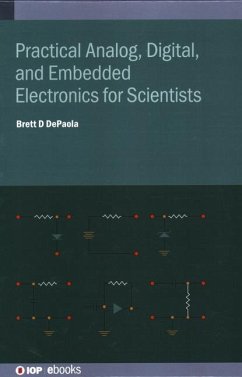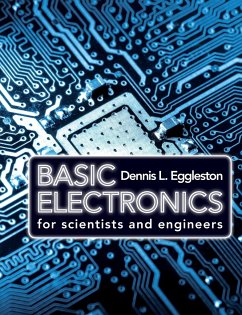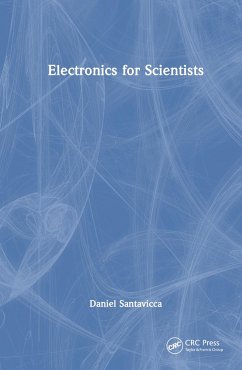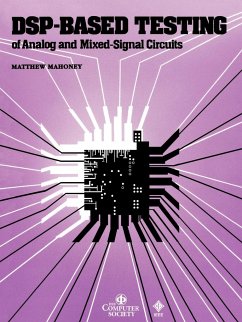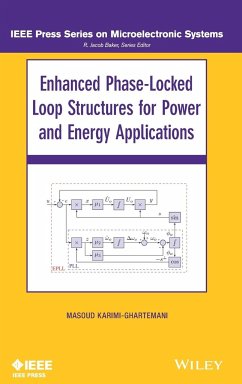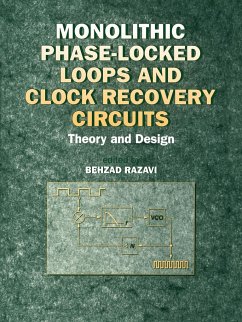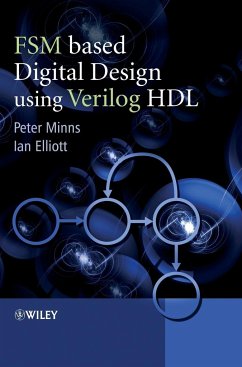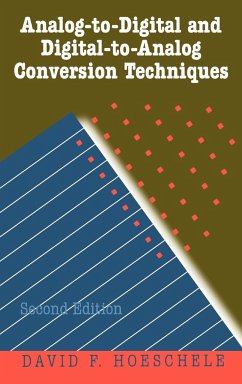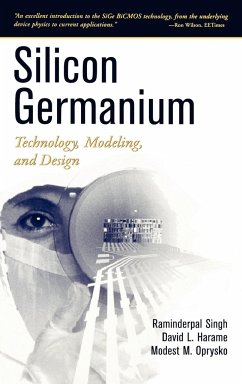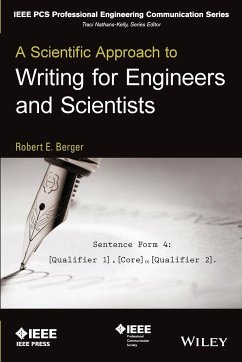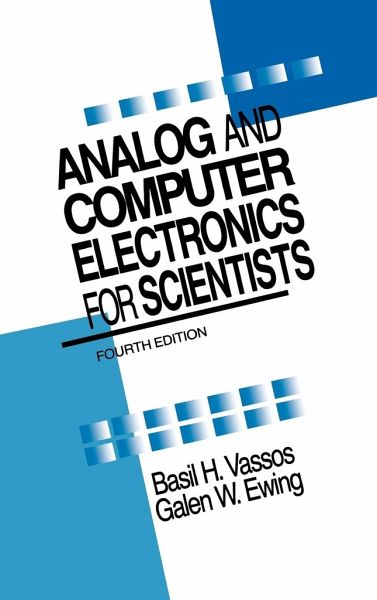
Analog and Computer Electronics for Scientists
Versandkostenfrei!
Versandfertig in über 4 Wochen
222,99 €
inkl. MwSt.

PAYBACK Punkte
111 °P sammeln!
This latest edition of Vassos and Ewing's definitive volume on practical electronics for today's laboratory scientists has been revised, updated, and reorganized to reflect new discoveries in the field as well as a new understanding of what professionals need. The Fourth Edition features greatly expanded coverage of microcomputers, reflecting their status as the ultimate electronic components and their growing importance in lab work. The reader benefits from a practical, user-friendly introduction to the microcomputer as an electronic device, with coverage of essential topics such as computer ...
This latest edition of Vassos and Ewing's definitive volume on practical electronics for today's laboratory scientists has been revised, updated, and reorganized to reflect new discoveries in the field as well as a new understanding of what professionals need. The Fourth Edition features greatly expanded coverage of microcomputers, reflecting their status as the ultimate electronic components and their growing importance in lab work. The reader benefits from a practical, user-friendly introduction to the microcomputer as an electronic device, with coverage of essential topics such as computer terms, architecture, buses, the Central Processor Unit (CPU), memory, Read-Only Memory (ROM), and error detection. Analog and Computer Electronics for Scientists, renamed to reflect the book's change in emphasis from digital to computer electronics, goes on to provide a solid grounding in computer peripherals--from keyboards, hard disks, and various forms of mass storage to displays, scanners, printers, and advanced laser printers. Readers will gain a working knowledge of data communications, including fiber optics technology and lab interfacing, as well as computer networks--specifically wide area networks and local area networks, network structures and topologies, data links, and information management systems. The Fourth Edition's troubleshooting section includes coverage on how to test and upgrade computers and how to deal with destructive viruses. The book also provides a glimpse into the future of computer technology--what lies in store for computers that will be characterized by miniaturization, intercommunication, and greater speed, and operating convenience. The Fourth Edition retains its patented treatment of circuits and schematics, operational amplifiers, analog-to-digital and digital-to-analog conversion devices, and regulated power supplies. Again, this current edition provides access to a concise discussion of semiconductor theory, which is included for those whose interest extends beyond the practical. As in the earlier editions, Analog and Computer Electronics for Scientists includes a separate section on lab exercises that illustrate the various subjects in each chapter. All of the equipment called for in these experiments is either standard or easily obtainable. The new Fourth Edition has been restructured to deemphasize phasors as well as Fourier and Laplace transforms and Boolean algebra. These mathematical tools are now treated briefly in a later section and are readily available, although they can be skipped without any loss of overall understanding. Requiring only a basic understanding of physics, calculus, and complex variables, the Fourth Edition of Analog and Computer Electronics for Scientists will be a major resource for all scientists who want to increase their understanding of computers and sharpen their practical skills without becoming bogged down in peripheral material. The book will also prove useful to advanced undergraduate and graduate students in chemistry, physics, and the life sciences.





